In today's rapidly evolving retail environment, the integration of technology has shifted from being an option to an absolute necessity. Amidst the array of technological innovations, Artificial Intelligence (AI) emerges as a transformative force, fundamentally altering the operations of retailers and the way customers approach shopping. In this comprehensive blog, we embark on a deep exploration of AI's pivotal role in the retail sector. Supported by compelling statistics and real-world examples, we will uncover the multifaceted impact of AI on retail, ranging from enhancing customer experiences to optimizing supply chains and more.
AI's Impact on Retail
The impact of AI on the retail industry is undeniably significant, and the statistics provide a vivid illustration of its profound influence:
- Financial Transformation: According to Accenture, AI is expected to contribute a staggering $1.2 trillion to the global retail economy by 2025. This is not just a marginal increase; it signifies a monumental leap in revenue.
- The Personalization Revolution: Modern retail thrives on personalization, and AI is the driving force behind this transformation. An impressive 73% of retailers are harnessing AI to personalize customer experiences, as revealed by Retail TouchPoints. AI's capacity to analyze extensive datasets empowers retailers to offer tailored product recommendations that align with individual preferences.
- Enhancing Operational Efficiency: Retailers are increasingly turning to AI to streamline their operations. A remarkable 65% of retailers have adopted AI for task automation, as reported by Retail TouchPoints. AI-driven automation spans across functions such as inventory management and supply chain optimization, leading to cost reductions and enhanced operational efficiency.
- Optimizing Conversions: In today's fiercely competitive retail landscape, optimizing every website visitor's experience is paramount. AI plays a pivotal role in this by boosting conversions, with AI-powered virtual assistants achieving up to a 20% increase in conversions, as demonstrated by Google. These virtual assistants engage customers, provide support, and guide them through the shopping journey, round the clock.
AI-Powered Personalization: A Game-Changer for Customer Experience
One of AI's most remarkable applications in retail is its ability to supercharge personalization. Modern consumers expect tailored shopping experiences, and AI fulfills this expectation seamlessly. Retailers utilize AI algorithms to scrutinize customer behavior, purchase history, and preferences, resulting in product recommendations that rival those of a personal shopper.Imagine visiting an online clothing store where you are greeted by a curated selection of products that align perfectly with your style, instead of navigating through an overwhelming array of options. This level of personalization not only elevates the customer experience but also significantly enhances conversion rates, ultimately leading to increased sales and customer loyalty.
Efficient Inventory Management
AI's impact extends beyond customer-facing aspects, encompassing critical components such as inventory management. Through the analysis of historical sales data, current market trends, and even external factors like weather forecasts, AI can accurately predict demand and optimize inventory levels. This proactive approach enables retailers to avoid overstocking or understocking, resulting in fewer stockouts and increased revenue.
Real-World Success Stories
AI's influence is not confined to statistics; it manifests in real-world success stories:
- Amazon: The e-commerce giant has seamlessly integrated AI throughout its operations, from its recommendation engine that suggests products based on user behavior to its revolutionary cashier-less Amazon Go stores.
- Sephora: The cosmetics retailer has harnessed AI to elevate the in-store experience with its Virtual Artist feature. This AI-powered tool provides personalized makeup recommendations and virtual try-ons, creating an engaging and interactive shopping experience.
- Walmart: Walmart leverages AI for inventory management and supply chain optimization. By employing AI-driven demand forecasting, Walmart ensures that products are readily available when and where customers need them, minimizing waste and enhancing operational efficiency.
Transforming Retail Today and Tomorrow
AI's transformative power in retail is undeniable. As businesses adapt to evolving consumer expectations and market dynamics, those who wholeheartedly embrace AI are at the forefront of innovation. AI is not just a technological advancement; it represents a creative revolution that is reshaping how we shop, interact with brands, and experience retail.In conclusion, the statistics and real-world applications underscore AI's pivotal role in the ongoing transformation of retail. AI is no longer a futuristic concept; it is a present-day reality. Retailers leveraging AI are not only meeting but surpassing the demands of tech-savvy consumers, positioning themselves for long-term success in an ever-evolving industry. As we peer into the future, one thing is certain: AI will continue to spearhead innovation in retail, driving growth, efficiency, and delivering extraordinary customer experiences. The AI revolution has arrived, transforming retail today and heralding a promising tomorrow.Explore the power of AI for customer experience with Firework - book a demo today!
Unlock Exclusive Insights
By submitting this form, you agree to Firework's privacy policy and consent to receive personalized marketing communications. You can unsubscribe at any time.
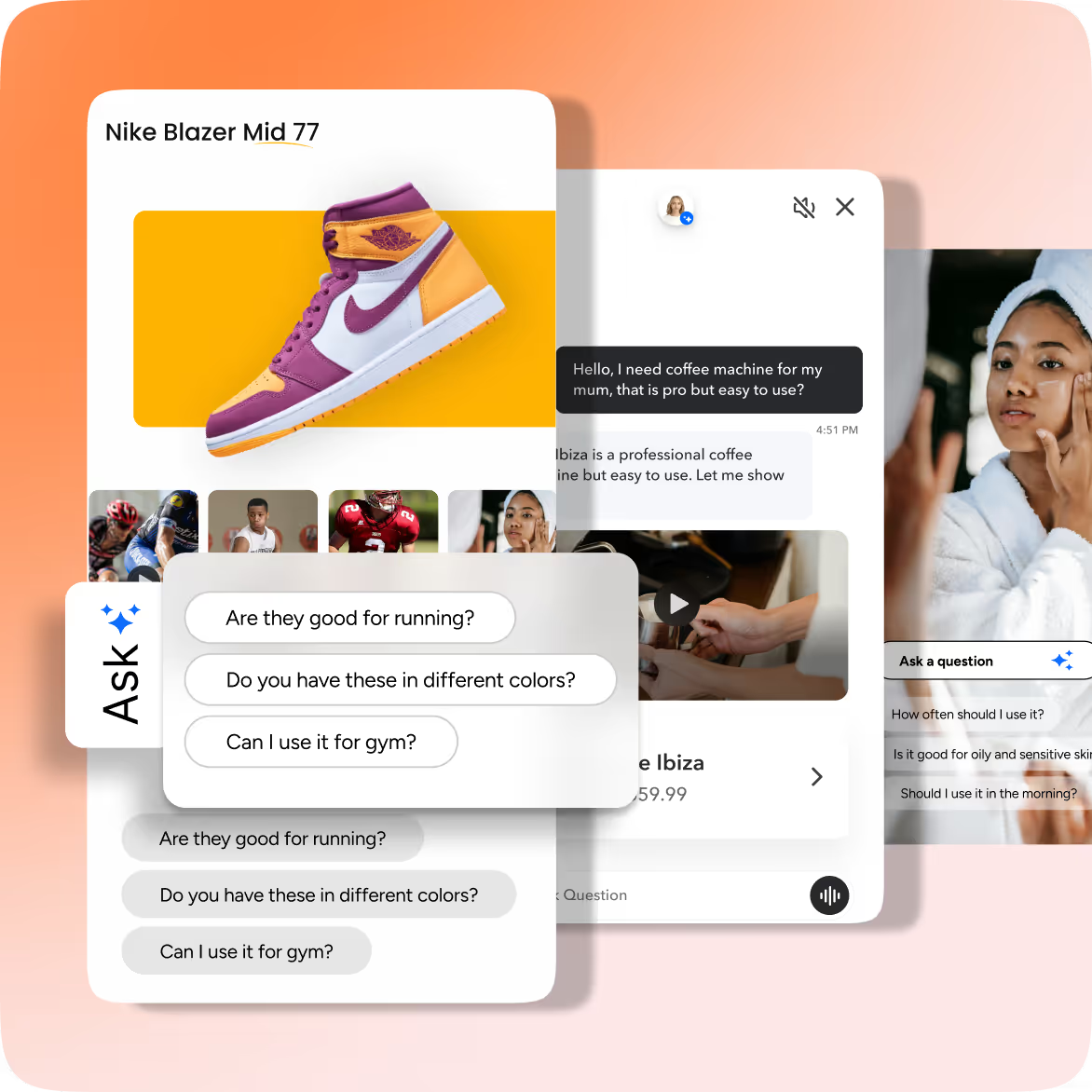
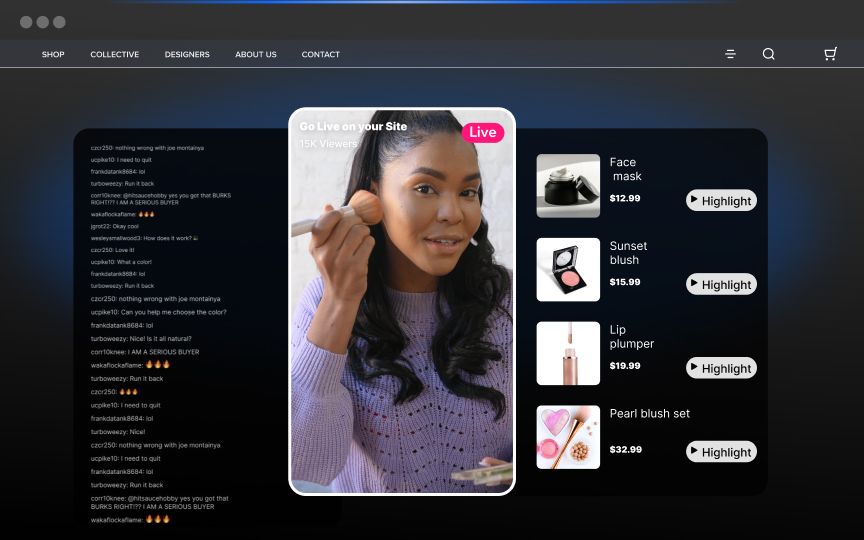
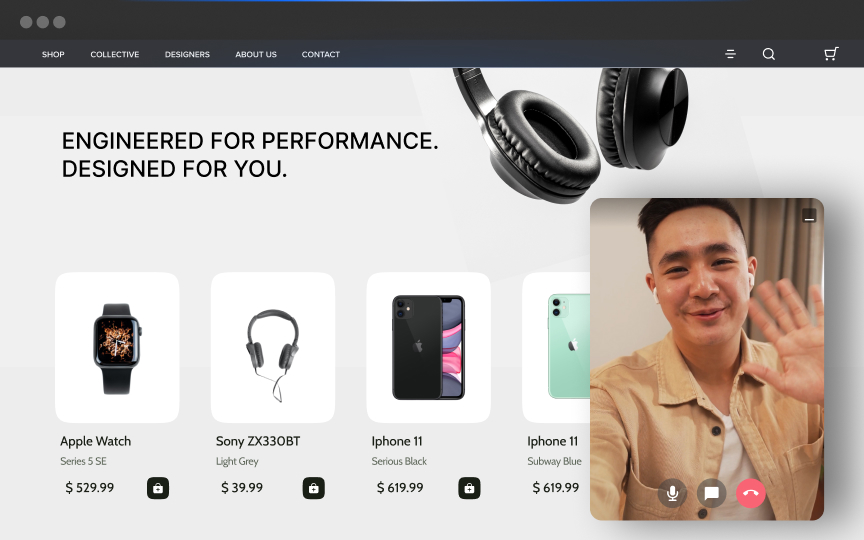


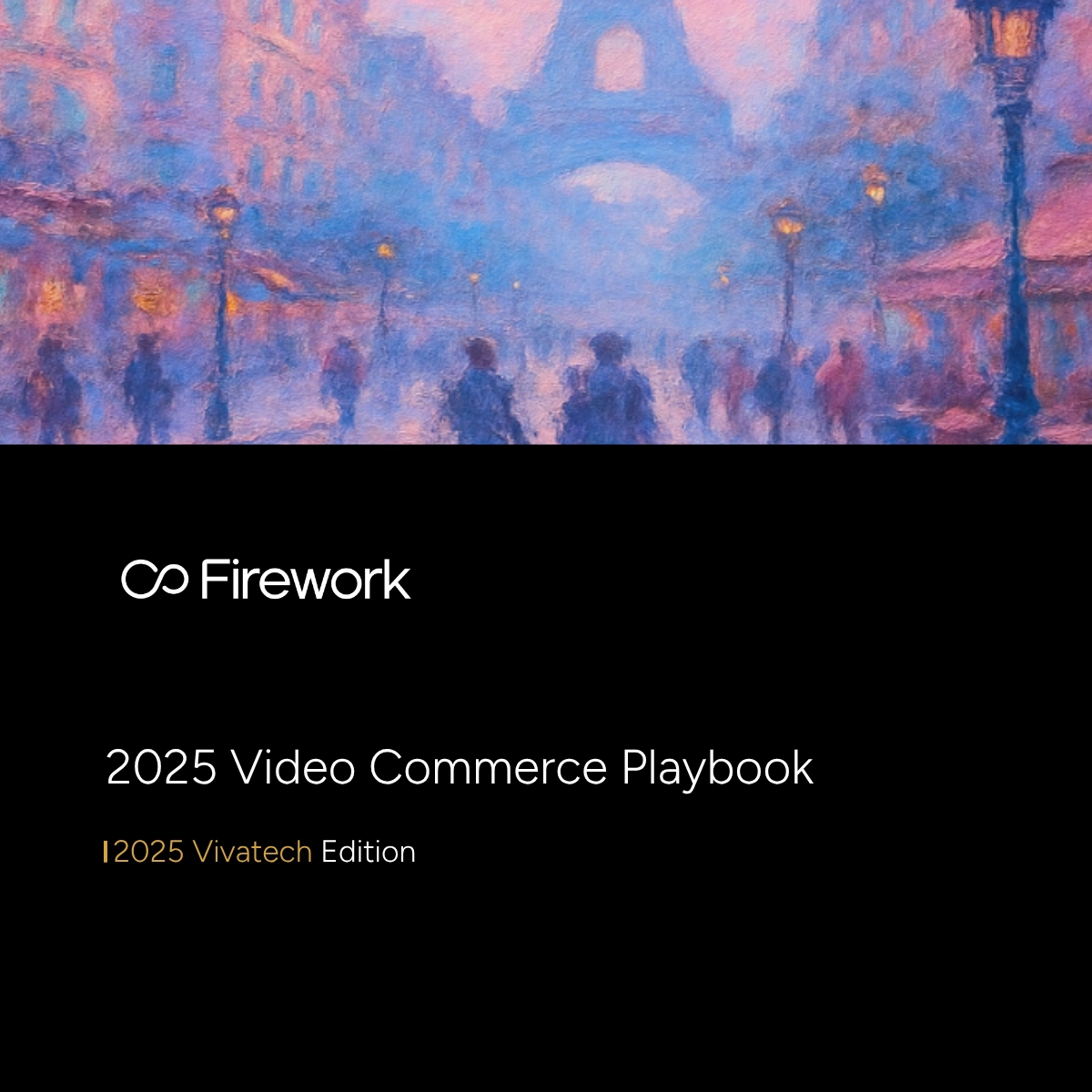



















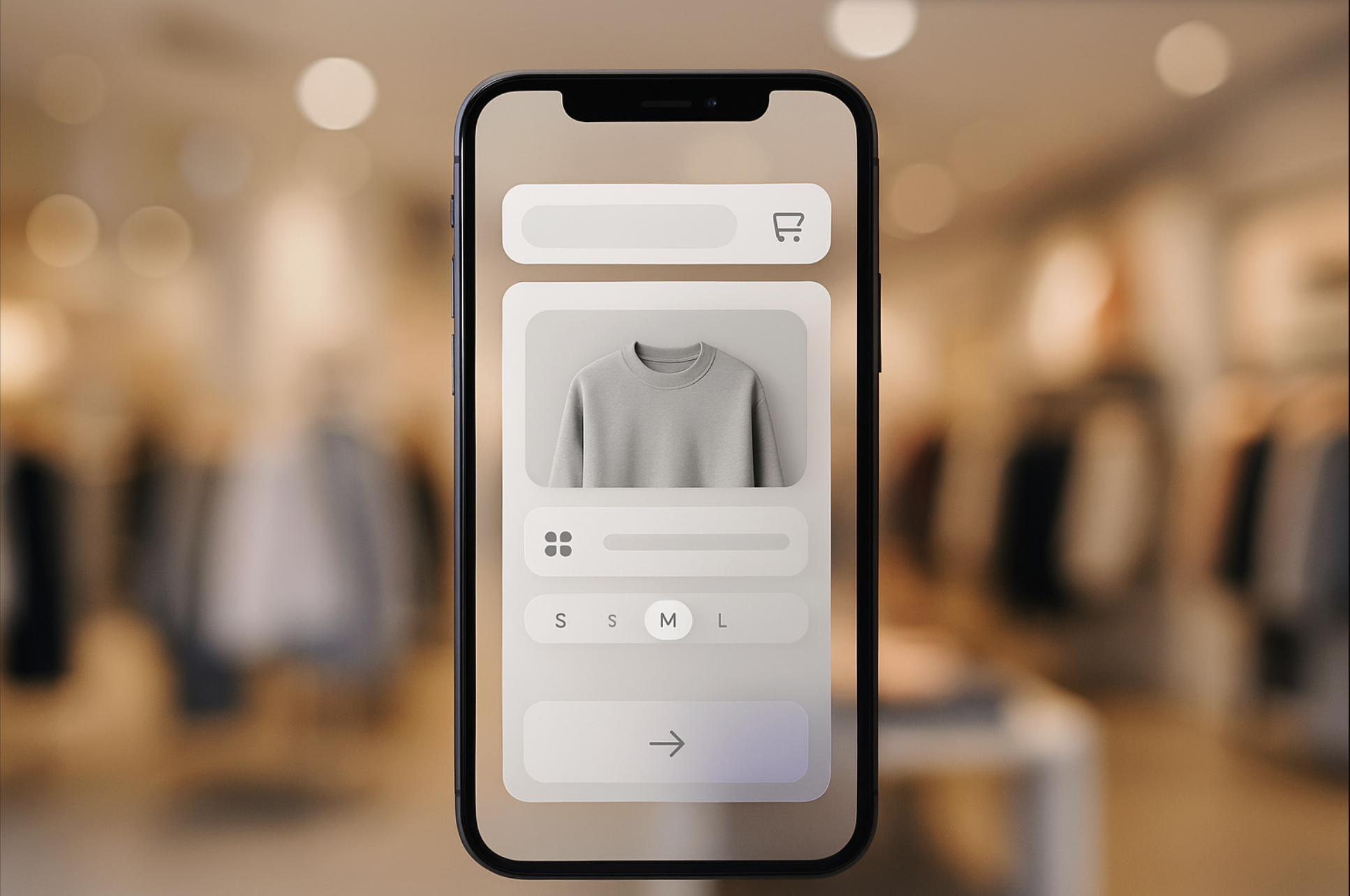



.jpg)
